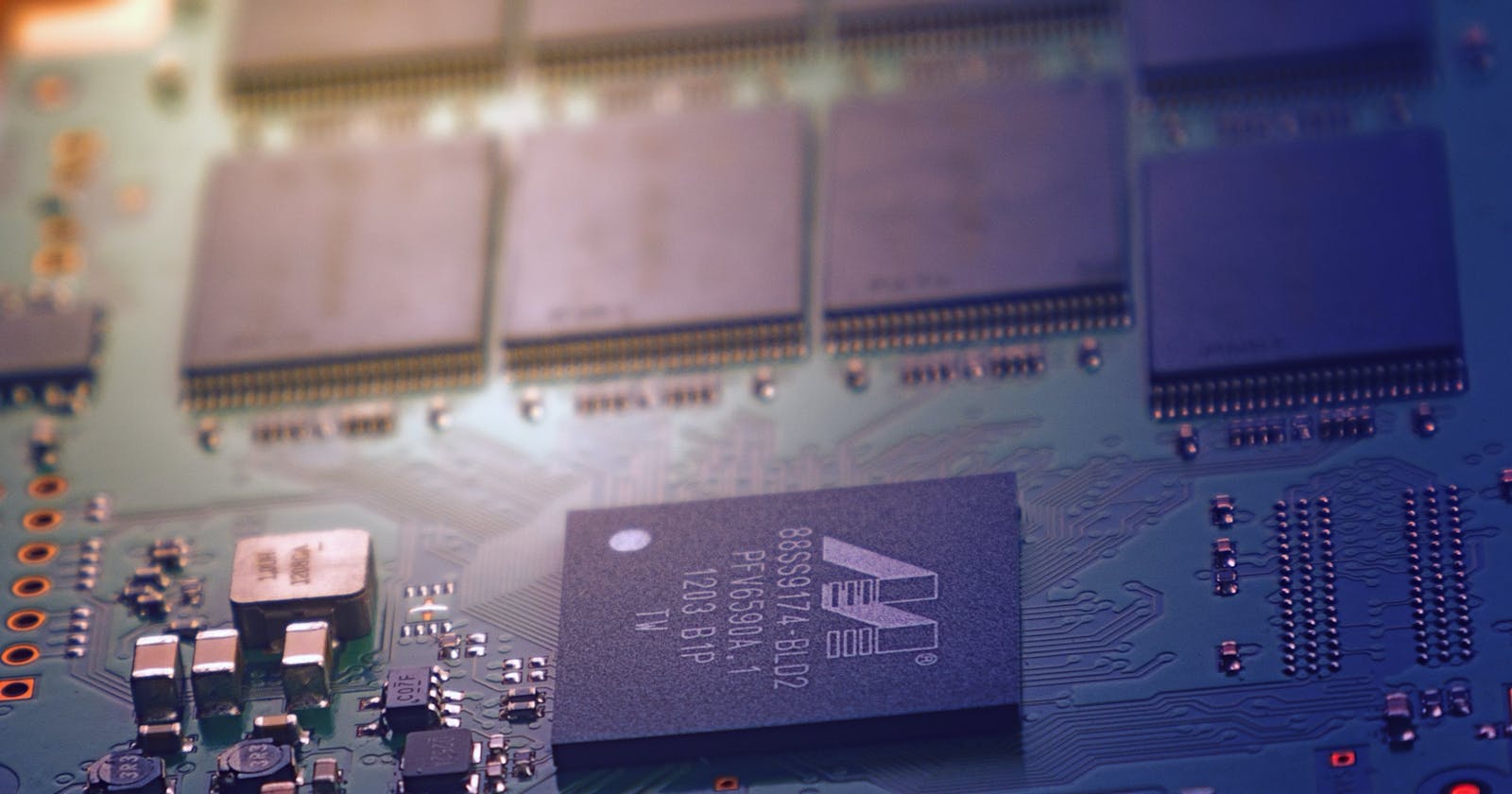Why does it seem like this evolution has stopped there? What do these bits represent? Will there be 128-bit processors in the future?
What are bits?
In the simplest terms, bits are the basic unit of information in computing. They can be either on or off, and they're what make up everything from individual letters to entire websites. Most digital devices these days use binary code, which is a series of ones and zeroes that represent those on and off states. So when you see a "1" or "0" online, that's a bit in action.
Computers use large amounts of these little guys to do all sorts of things - like store data, run programs, or communicate over the internet. And because there are so many different ways to string them together (or not), that means there can be an almost infinite number of combinations for creating new words, pictures and ideas. So the next time you're online and see something cool (or weird), remember that it was created one bit at a time!
Why are there no 128-bit processors on the market?
There are many reasons why CPUs do not come in 128-bit varieties. The most obvious reason is that the benefits of a wider bus width would be outweighed by the increased cost and complexity of manufacturing such a chip. Additionally, there is no real demand for such a product in the market; 64-bit processors offer more than enough performance for most users. Finally, even if there were demand for 128-bit CPUs, current software would not be able to take advantage of their capabilities.
In closing, i want to remind you that today there are solutions beyond 64 bits, but they are not classic CPUs, but specialized components to perform specific activities and which work on particular data sets. In addition, there are logical solutions that allow you to work on 128-bit or higher data simply by exploiting modern architectures to create multi-bit virtual systems. This confirms that physical chips with over 64 bits are not really needed to meet modern technological challenges.
